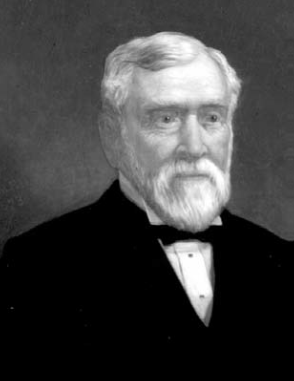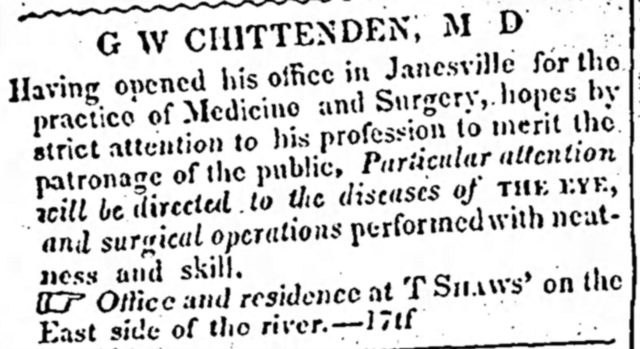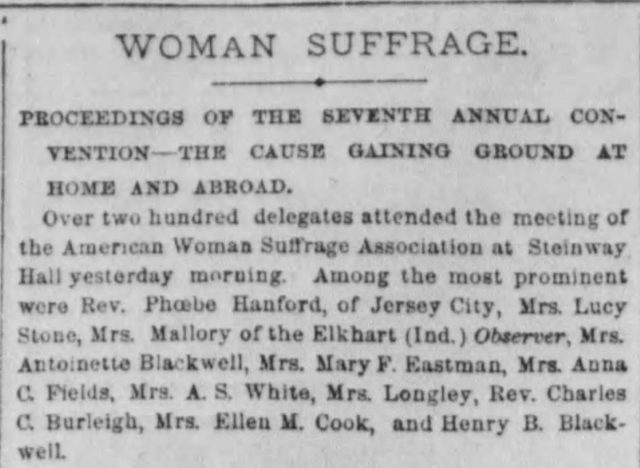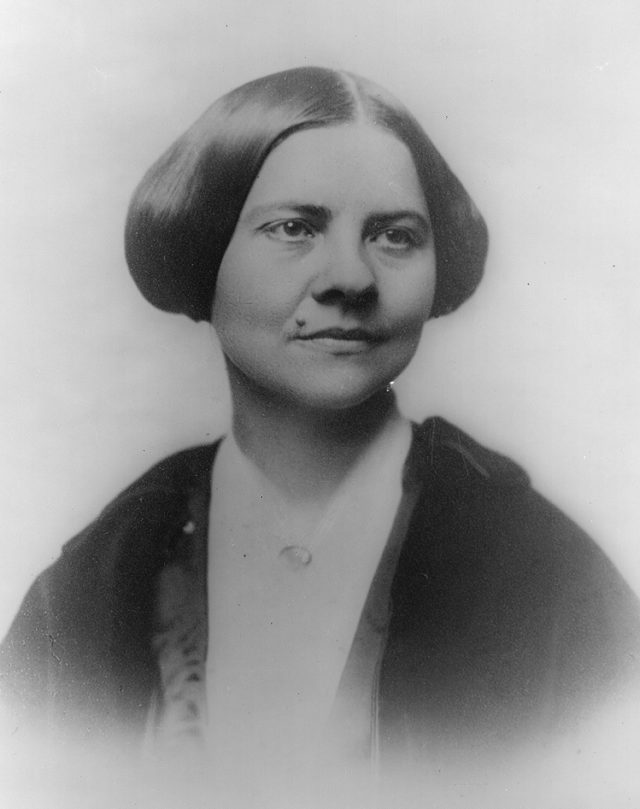“Miss Goodell will be admitted to practice in this court.”
Wisconsin Supreme Court Justice Oramus Cole, June 18, 1879
Lavinia Goodell’s name will forever be linked with that of Wisconsin Supreme Court Chief Justice Edward Ryan since he was the author of the infamous opinion that held only men were eligible to practice law in Wisconsin and denied Lavinia’s first petition for admission to practice before the Wisconsin Supreme Court . (Read more here). Ryan’s life and career have been heavily scrutinized for 150 years, but the justice who, in 1879, authored the very short opinion granting Lavinia’s second motion to be admitted to the Supreme Court bar receives much less attention. That is unfortunate because Justice Orasmus Cole was a valued member of the Wisconsin Supreme Court for nearly four decades.

Cole was born in New York State in 1819. Both of his grandfathers served in the Revolutionary war. He studied law and was admitted to the New York bar in 1845. Late that year he settled in the small southwest Wisconsin mining town of Potosi. In 1847, he served as a delegate to the second Wisconsin constitutional convention. In 1848, after the constitution was ratified, the Whig party nominated Cole as their candidate for Congress. He won the election. He refused to support the fugitive slave provisions of the 1850 compromise that gave new states coming into the union the choice of whether to allow slavery, and he was defeated in his 1850 bid for reelection.
Continue reading →

















